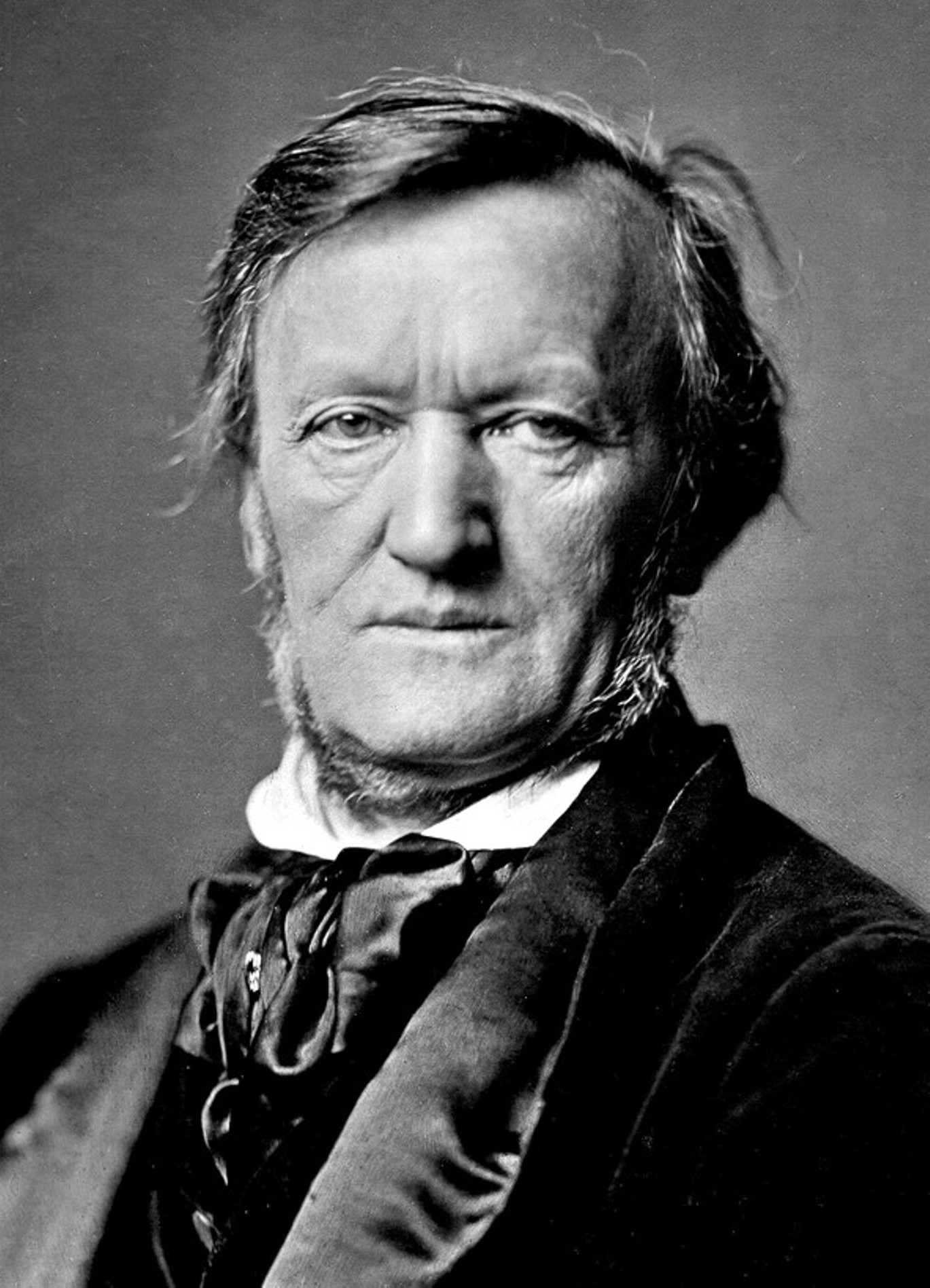Lived: 1813 – 1883
Mostly in: Leipzig, Dresden, Zürich, Bayreuth
Best Known For: The Ring Cycle, Parsifal, Tristan und Isolde, Die Meistersinger von Nürnberg, Lohengrin
Similar To: Weber, Liszt, Strauss
 Richard Wagner in 1871
Richard Wagner in 1871
Wagner. That name still conjures up for many listeners images of ponderous, overblown Teutonicism, of a prototypical Nazi, egocentric, womanising, dishonest, an unspeakable anti-Semite. This is the image promoted by popular books such as journalist Joachim Köhler’s 1997 Wagner’s Hitler: The Prophet and his Disciple, which made the long-dead composer the moving spirit of Hitler and the Holocaust. Yet only a few years later, something changed. In 2012 Köhler published Der Lachenden Wagner (The Laughing Wagner), wholly revising this grim picture in favour of a genial, generous, liberal, impish figure. And in a 2014 Wagner Journal article he specifically absolved Wagner of any blame for the Holocaust.
So should we, like him, really reassess our whole view of Wagner? For some people it doesn’t matter. “Forget the horrible man,” they’ve said, “and listen to the glorious music.” But many listeners would have problems with that. One of the elements that speaks to us in Wagner’s scores is their intense humanity. If that’s...










Comments
Log in to join the conversation.